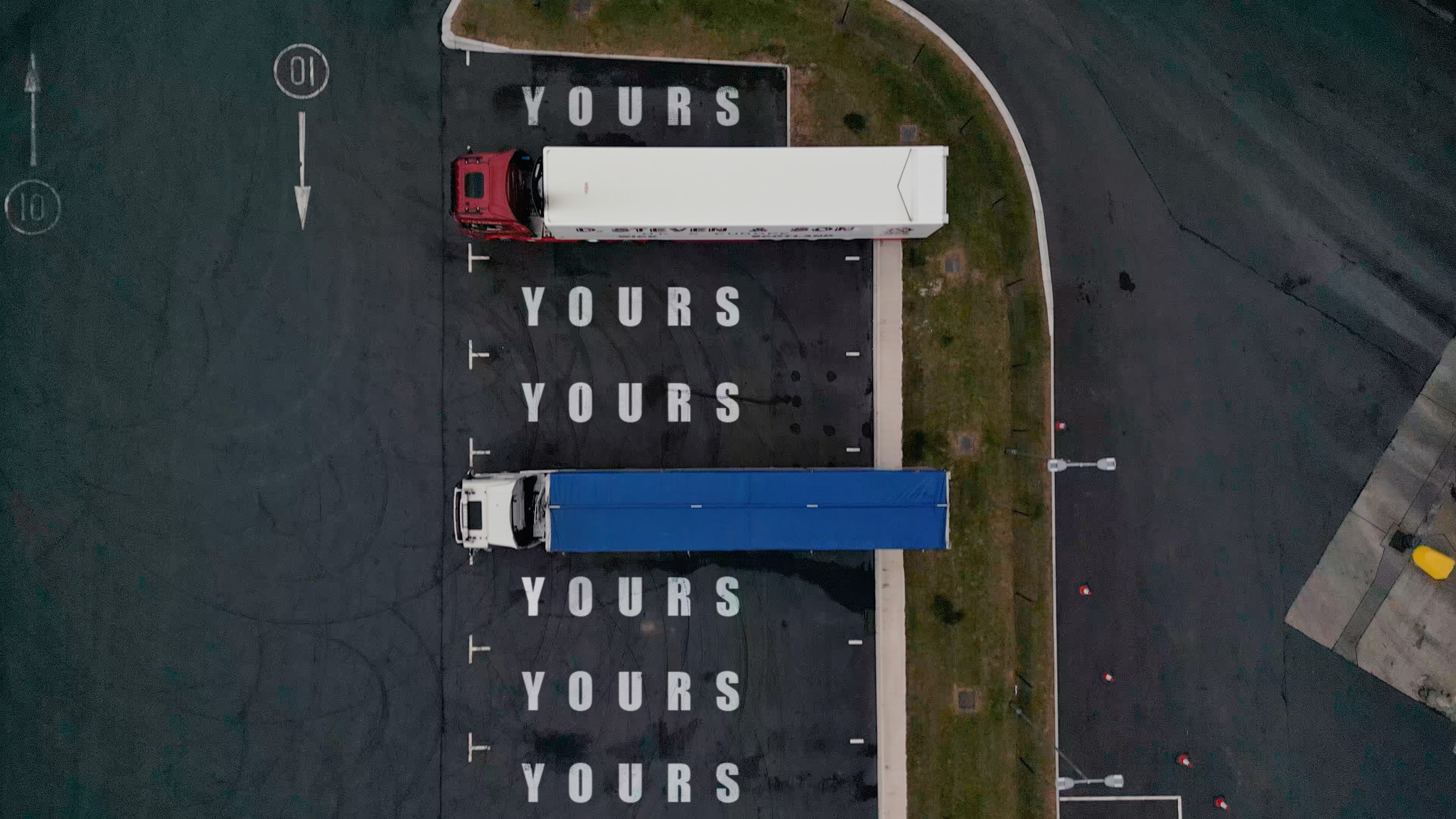
Miranda Blake
Udfordringer og løsninger inden for moderne transportstyring
Oprettet: 16.12.2024
•
Opdateret: 16.12.2024
Moderne transportledelse er en strategisk tilgang til planlægning, organisering og kontrol af effektiv transport af varer og materialer fra oprindelse til destination. Det indebærer udnyttelse af teknologi og datadrevet indsigt for at optimere transportprocesser, reducere omkostninger og øge kundetilfredsheden.
I denne blog udforsker vi de vigtigste udfordringer og løsninger i forbindelse med dette spørgsmål.
Vigtige udfordringer
En af de mest presserende ting, som flåder skal forholde sig til, er håndteringen af brændstofudgifter. De udgør en betydelig del af driftsudgifterne, og deres volatilitet kan skabe kaos i budgetteringsprocesserne og den samlede rentabilitet. Brændstofprisernes uforudsigelighed har en afsmittende effekt på hele forsyningskæden og tvinger virksomhederne til at træffe vanskelige beslutninger om omkostningsabsorbering eller prisstigninger, hvilket potentielt kan påvirke deres konkurrenceevne. Men fremsynede virksomheder vedtager strategier for at mindske de dermed forbundne risici:
Indgåelse af brændstofsikringskontrakter for at fastlåse priserne i en bestemt periode og dermed stabilisere udgifterne
● Investering i moderne, brændstofeffektive køretøjer for at reducere forbruget og sænke de samlede omkostninger
● Udforskning af alternative brændstofkilder, såsom biodiesel eller komprimeret naturgas, for at fungere som en buffer mod traditionelle brændstofprisudsving
En af løsningerne - [SNAP Fuel] (https://snapacc.com/snap-fuel/) - giver mulighed for problemfri brændstofstyring:
Flådeoperatører kan få adgang til detaljerede rapporter om udgifter, hvilket giver omkostningsgennemsigtighed og hjælper dem med at identificere tendenser og områder, der kan forbedres.
Ved at samarbejde med Certas Energy kan brugerne få adgang til rabatterede brændstofpriser, hvilket reducerer udgifterne yderligere.
Trafikpropper
Et andet problem er trafikken. Når befolkningen i byerne vokser, øges presset på den eksisterende infrastruktur, og det fører til problemer i hele logistikkæden. Forsinkelser bliver almindelige, brændstofforbruget skyder i vejret, og driftsomkostningerne stiger, alt imens kundetilfredsheden falder på grund af forlængede leveringstider.
Der er flere taktikker til at modvirke de negative virkninger af dette:
● Brug af avanceret [ruteoptimerings]-software (https://snapacc.com/newsroom/route-optimisation-with-fleet-management-software-snap-account/) kan hjælpe med at identificere de mest effektive ruter, hvilket reducerer rejsetiden og brændstofforbruget.
● Integration af trafikdata i realtid i driften kan give mulighed for dynamiske rutejusteringer baseret på de aktuelle forhold.
● Udvikling af skræddersyede bylogistikplaner kan gøre det muligt for virksomheder at navigere i byspecifikke udfordringer, som f.eks. adgangsbegrænsede zoner og spidsbelastningsperioder.
Forstyrrelser i forsyningskæden
Fra naturkatastrofer til geopolitiske begivenheder og mangel på arbejdskraft er forstyrrelser et andet problem, som flåderne står over for - det fører til forsinkelser, øgede omkostninger og forringede serviceniveauer og udfordrer transportstyringssystemernes modstandsdygtighed.
For at håndtere sådanne afbrydelser kan organisationer anvende flere strategier:
● Diversificering: Indkøb af materialer og tjenester fra flere leverandører kan reducere afhængigheden af en enkelt og mindske risici.
● Risikovurderinger: Regelmæssig gennemførelse af disse kan hjælpe med at identificere sårbarheder i forsyningskæden og støtte beredskabsplanlægning.
● Live-overvågning: Indførelse af teknologier, der giver realtidsoverblik over forsyningskæden, kan forbedre reaktionsevnen og gøre beslutningstagningen hurtigere.

Innovative løsninger
Efterhånden som teknologierne fortsætter med at udvikle sig og integreres, lover de at omforme fremtidens transportstyring, løse gamle problemer og åbne op for nye muligheder for vækst og innovation.
● Telematik: Køretøjssporingssystemer giver data i realtid om placering, ruteoptimering og føreradfærd, hvilket gør det lettere at foretage mere informerede vurderinger.
● IoT-enheder: Disse kan overvåge køretøjets sundhed, brændstofforbrug og lastforhold og dermed sikre optimal ydeevne og sikkerhed.
● AI og maskinlæring: Med disse kan du aktivere forudsigende analyser og efterspørgselsprognoser, forbedre ruteoptimering og lagerstyring.
● Blockchain: Implementering af denne teknologi kan forbedre forsyningskædens gennemsigtighed, sikkerhed og sporbarhed og fremme tilliden blandt interessenterne.
Fastholdelse og uddannelse af chauffører
Chaufførmanglen er en anden udfordring for transportledelsen, som transportministeriet forsøger at løse ved at åbne en høring om måder at afhjælpe den på. Vi bad lastbilchauffører om at give deres mening til kende om forslaget på [SNAP's Facebook-side] (https://www.facebook.com/snapaccount). Mens mange ikke kommenterede ordningen, udfordrede 72,5 % udtrykket "chaufførmangel" og betegnede det som skræmmekampagne. I stedet [opremsede de flere grunde til, at erfarne lastbilchauffører forlader branchen] (https://snapacc.com/newsroom/hgv-drivers-challenge-the-term-driver-shortage/).
Derfor er det stadig meget vigtigt at tiltrække og fastholde dygtige chauffører. Regeringen [har indført flere tiltag] (https://snapacc.com/newsroom/addressing-the-hgv-driver-shortage-in-the-uk-in-20242025/), men flådechefer og vognmænd kan selv tage skridt:
● Konkurrencedygtig kompensation og fordele: At tilbyde attraktive pakker kan hjælpe med at tiltrække toptalenter på et konkurrencepræget jobmarked.
● Fleksible arbejdsordninger: At tilbyde disse kan forbedre jobtilfredsheden og reducere omsætningshastigheden.
● Avanceret træning og kompetenceudvikling: Investering i løbende programmer kan udstyre chaufførerne med de kompetencer, der er nødvendige for at excellere i deres roller og tilpasse sig nye teknologier.
En anden vigtig måde at holde på chaufførerne er at gøre deres arbejde så nemt som muligt - og det inkluderer betaling for parkering og vask. Heldigvis er der SNAP.
Få støtte fra SNAP
Hvis du vil vide mere om [vores tjenester] (https://snapacc.com/), og hvordan de kan hjælpe med transportstyring, kan du kontakte os på +44 (0)1603 777242.


